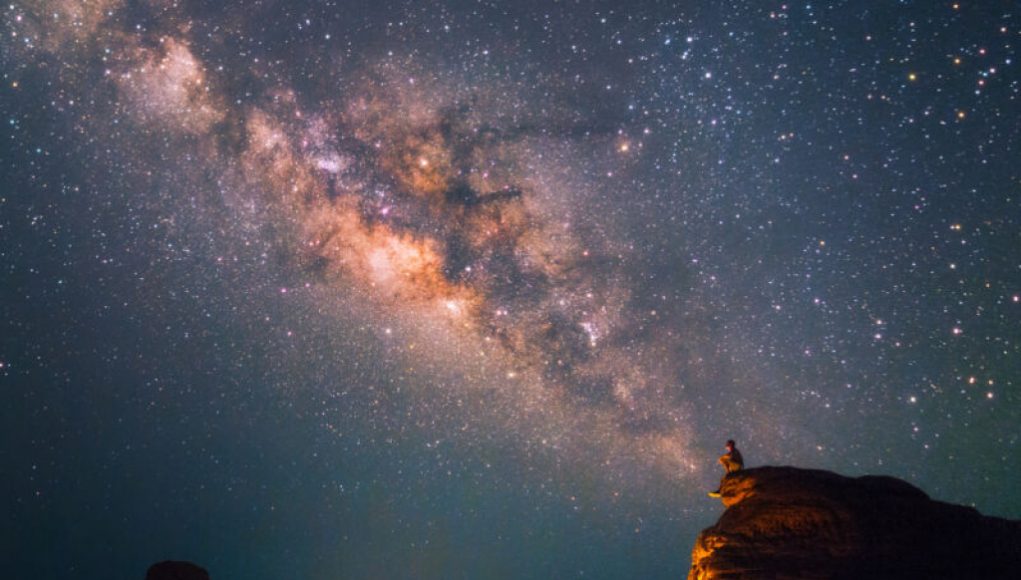Are we alone in the universe? Despite years of searching, we have yet to find any signs of intelligent life out there. But that doesn’t mean we should feel lonely. In fact, the vast emptiness of space offers us a unique opportunity to explore, to wonder, and to expand our horizons.
The question of whether we are alone in the universe was famously posed by physicist Enrico Fermi in the 1950s. Given the sheer size of the cosmos, it seems unlikely that we are the only intelligent beings out there. And yet, we have found no evidence to the contrary.
One possible explanation for this paradox is that we simply haven’t looked hard enough. That’s where SETI comes in. The Search for Extraterrestrial Intelligence is a project dedicated to actively hunting for signs of intelligent life beyond our planet.
The idea behind SETI is that if there are other intelligent civilizations out there, they would be exceptionally loud. Just like us, they would likely use radio waves to transmit information, creating powerful emissions that could be detected from afar.
So far, we have found no such emissions. But that doesn’t mean we should give up hope. The universe is vast, and there is still so much we have yet to explore. Who knows what wonders we may discover in the years to come?
It has been a scientifically accepted fact that the universe is an incredibly vast place; so vast, that the chances of finding life other then Earth-based life forms is, statistically, close to impossible. For many, this has been a comforting acceptance: we are the only living thing in existence.
However, the question still begs: can and should we be content with this idea? Research into the idea of being “alone in the universe” has taken many forms: philosophical, scientific, and psychological. The quick answer is yes, we can and we should, be perfectly content in our solo rise to the top of the food chain.
Technologically, we have advanced centuries ahead of where we once were; we are able to travel further and explore deeper then ever before. From the smallest organisms to the largest supernovas, our interest is, and will continue to be, peaked in the great unknown that is space. We should take it upon ourselves to serve as a protector of the universe, constantly striving to expand our horizon of knowledge while still treating the universe and its contents with respect.
The idea of being alone in the universe may not be the most inspiring thought, however, the lack of a threat to our own domination of the universe has given us an opportunity to appreciate our current state of technological advancement. With no need to worry about an impending invasion, the resources available to us can be used efficiently to further our own understanding, such as the construction of new spacesuits, faster rockets, and establishing contacts with beings living outside of every planet.
In other words, it does not really matter if we are alone in the universe or not; we are where we are, and living life to its fullest should be the only thing that matters. We can use the current state of the universe to understand our own capabilities and abilities, with no external pressure from other advanced species. It is important to understand however, that the goal is not just the advancement of only ourselves, but rather collectively advancing humanity forward so that we can ultimately answer the question: are we truly alone in the universe?
In conclusion, the question of “are we alone in the universe?” should not be a disheartening thought, but a cause for optimism. By recognizing that, though unlikely, it is possible that other species may exist outside our world, and by recognizing the immense potential of the resources available to us in our pursuit of knowledge, we have an opportunity to take advantage of the lack of knowledge surrounding life beyond our planet, while advancing our own knowledge of the world and, ultimately, ourselves.




















